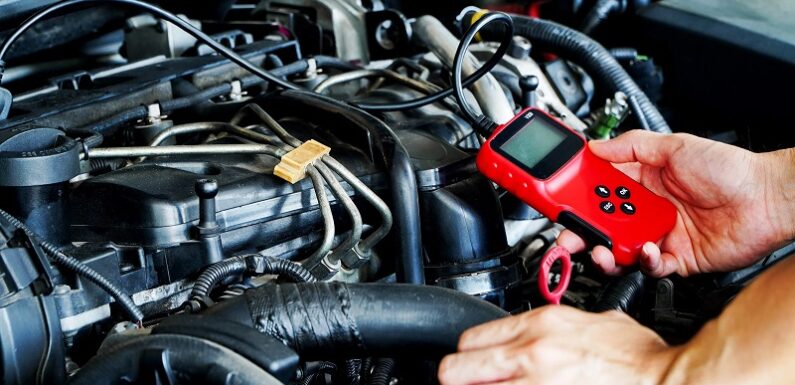
Water pumps are essential to the upkeep of commercial cars’ cooling systems. Their main job is to keep the coolant flowing through the engine to maintain ideal operating temperatures and avoid overheating. Water pumps may malfunction, however, just like any other mechanical part, which can have detrimental effects on a vehicle’s lifetime and performance. This article looks at the typical reasons why water pumps in commercial vehicles break and the potential consequences of such failures.
Over Time, Wear and Tear
Naturally occurring wear and tear over time is one of the most common causes of water pump failure in commercial vehicles. The mechanical parts of the water pump, including the seals and bearings, may wear out as cars accrue miles. This attrition may result in less effective coolant circulation, which might heat up the engine. The water pump is often neglected in routine maintenance plans, which may result in a quiet deterioration that may not be detected until it is too late. This problem may be mitigated by regular inspections and repairs by the Auto Repair in Baltimore, MD as needed, guaranteeing that the water pump functions properly for the duration of the vehicle.
Coolant Contamination
Coolant contamination is a key contributing reason to water pump failure. Fluid flow may be impeded by obstructions caused by dirt, rust, and other particles that build up in the cooling system over time. In addition to harming the water pump, this pollution may also harm other important cooling system parts. Contaminants have the potential to prematurely fail a water pump by causing excessive wear on the impeller and bearings. This issue may be avoided and the lifespan of the cooling system as a whole as well as the water pump can be increased by putting in place a routine coolant maintenance schedule that includes cleansing and replacement on a regular basis.
Inadequate Upkeep and Installation
Poor installation and maintenance techniques are often the cause of water pump malfunctions. Improper installation of a water pump may cause misalignment and excessive strain on the pump assembly. Furthermore, problems may be made worse by not performing maintenance according to manufacturer instructions, such as not changing the drive belt or not using the proper coolant. Such carelessness may result in leaks and decreased cooling effectiveness. To reduce the risk of failure, commercial vehicle operators must make sure that water pumps are installed by qualified specialists and that regular maintenance procedures properly follow manufacturer guidelines.
Stress on the engine and overheating
Overheating may be a sign of a failing water pump as well as its cause. The water pump and other cooling system components are put under extreme strain when an engine runs at high temperatures on a regular basis. A malfunctioning thermostat, a broken radiator, or low coolant levels may all lead to overheating situations.

